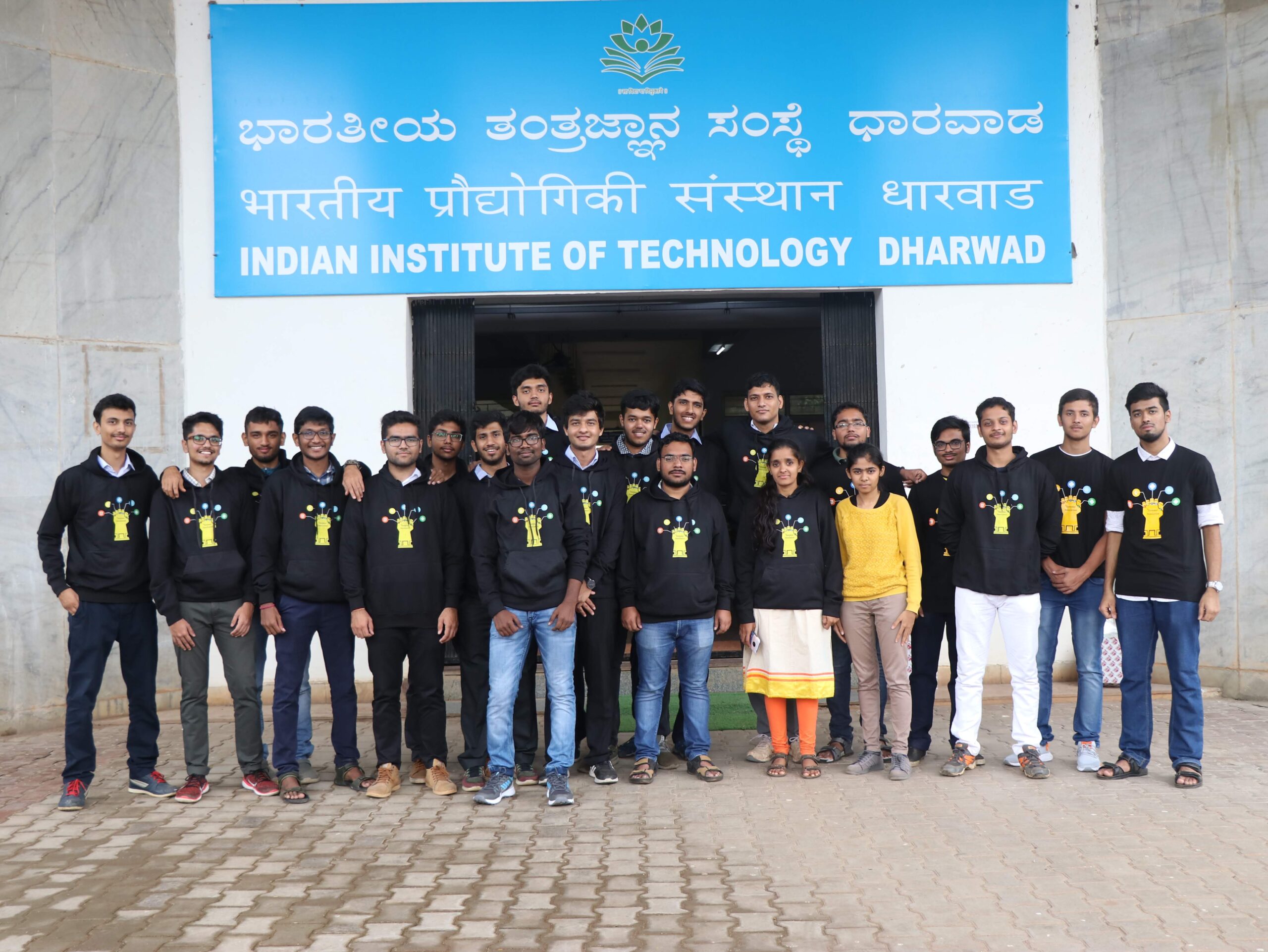India :Award-winning global integrated digital marketing communications firmGutenberg has collaborated with Evaldesign, an education research consulting firm, onafirst-of-its-kind global studyon the impact of COVID-19 on learning and education.
Gutenberg has worked with education clientsthat include universities, K-12 institutions, EdTech companies, non-profits and governments. Notably,College Board, Stanford University, Columbia University, Oxford University, University of Virginiaand the Michael and Susan Dell Foundation,to name a few.
Harjiv Singh, Founder and CEO of Gutenberg, said, “The shutdown of schools and universities in response to the pandemic will have far-reaching effects on the future of education. As learning goes online, digital tools must adapt to the needs of students and teachers. We can soon expect to see these tools enhance user experience to ease the learning process. The acceleration of technological adoption will be a crucial element in adapting education for the Information Age.”
Akanksha Bapna, Founder and CEO of Evaldesign, stated,“According to UNESCO, nearly 70 per cent of the student population in the world has been impacted by the pandemic. Parents, teachers and students are struggling to adapt to the online mode of learning. This study aims to understand the learning challenges resulting from the Covid-19 pandemic from the perspective of all stakeholders in the education ecosystem, and provides valuable insights for learning designers, researchers as well as decision-makers while keeping the learner at the centre..”
The study titled ‘From Schooling to Learning: Voices from the COVID-19 Pandemic’has three objectives.First, to understand the challenges for education during the pandemic for key stakeholders. Second, to enable policymakers and decisionmakers to re-imagine the future of education. Third, to provide design insights that could accelerate the innovation ofdigital learning tools from a human-centred design perspective.
The study draws on the experiences of over 250 students, parents, teachers and expertsfrom 31 nations. It provides vital inputs on distance education and the challenges for learning in the current crisis. It includes recommendations from experts, funders and programme designers about the future trends and goals of education.
Experts who participated in the study unanimously concur that the pandemic will significantly impact our social fabric and that education mustinculcateskills that will help rebuild society and prepare students for an uncertain future. There is a need to rethink assessments and competency-based learningand adopt hybrid modes of in-person and online teaching to bridge the gap in distance learning.
It is well known that break in learning continuity among those with limited or no access to online infrastructure and resources will lead to learning losses. Experts predict that staying at home may increasechildren’s exposure to domestic violence, which is likely to affectlearning. Education funding may decrease as donor profit margins dry up and the pandemic could lead to the shutting down of low-income private schools, compounding the problem of access to education.
Other highlights of the study are as follows:
- Among the students surveyed, 44 per cent of school students and 24 per cent of higher education students did not use online learning tools before COVID-19.
- While school students appreciated the wealth of information available online, network issues have presented a major obstacle to effective learning. Students pursuing higher education perceivethe flexibility and the self-paced nature of e-learning to bea key positive feature.
- Teachershave reported greater collaboration amongst their peers.Further, instructors appreciate the learning that accompanies the development of new pedagogical tools and resources as more and more learning moves online.
- Both students and teachers would benefit from the enhancement of digital tools. Among the features suggested by students are an advertisement-free experience and an improvement in the ability to ask questions and solve doubts in real time. Teachers seek secure online tools that enhance peer interaction, contain feedback loops and offer contextualised content and offline functionality.
- Most students who were admitted to universities seeking higher education abroad are deferring their studies to a lateryear. The biggest concern for them is the possible employment shortage caused by the economic downturn.
- As many as 80 per cent of the parents surveyed believe that the pandemic has affected daily interactions with their children. A significant challenge for themis the time necessary to monitor the learning process of their wards.








